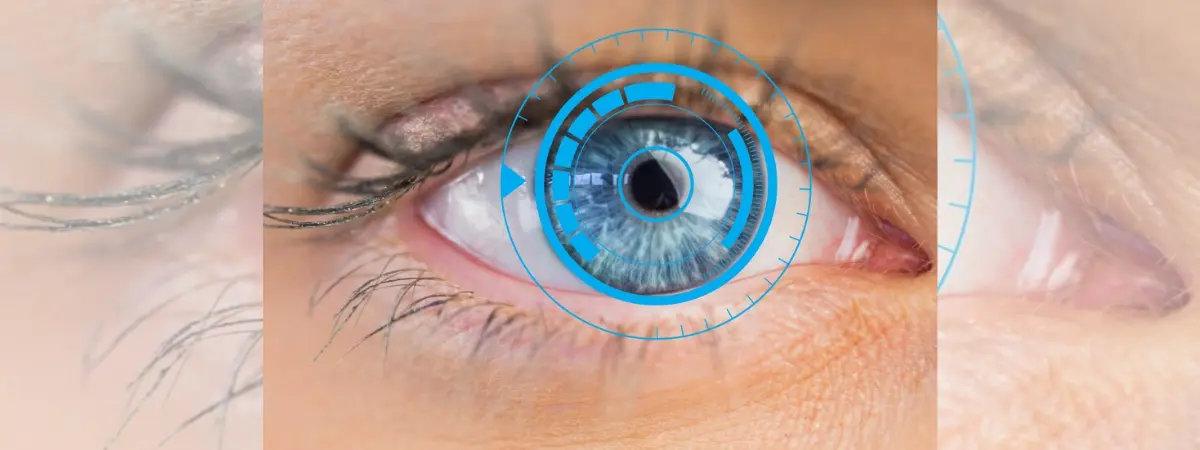Working Time
| Monday - Saturday | 10:00am to 07:00pm |
| Sunday | On Prior Appointment |
| Other Time | On Appointment |
Book Appointment

Introduction:
Cataracts can cloud your vision, making it difficult to see clearly and perform daily tasks. Fortunately, cataract surgery offers a solution to this common eye condition, allowing you to regain sharp vision and improve your quality of life. In this blog post, we'll provide you with a comprehensive guide to cataract surgery, covering everything from what cataracts are to what to expect during and after the procedure.
Understanding Cataracts:
Cataracts occur when the natural lens of the eye becomes cloudy, usually due to aging or other factors like diabetes, smoking, or prolonged sun exposure. This cloudiness can lead to blurry vision, glare, difficulty seeing at night, and faded colors.
The Need for Surgery:
When cataracts significantly interfere with your daily activities and quality of life, your eye doctor may recommend cataract surgery. Symptoms that may indicate the need for surgery include difficulty reading, driving, or recognizing faces, as well as increased sensitivity to light and glare.
The Procedure:
Cataract surgery is a common and relatively straightforward procedure performed by ophthalmologists. It is typically done on an outpatient basis, meaning you can go home the same day. During the surgery, the cloudy lens is removed and replaced with an artificial intraocular lens (IOL) to restore clear vision.
Types of IOLs:
There are different types of IOLs available for cataract surgery, each with its own benefits and considerations. Monofocal IOLs provide clear vision at one distance, usually either near or far. Multifocal and accommodating IOLs offer a range of vision, reducing the need for glasses after surgery. Your eye doctor will help you choose the best type of IOL based on your lifestyle and visual needs.
Recovery and Results:
Most patients experience a relatively quick and comfortable recovery after cataract surgery. You may notice improved vision within a few days, with optimal results achieved in the following weeks. Your eye doctor will provide you with post-operative instructions, including the use of prescription eye drops and any activity restrictions.
Potential Risks and Complications:
While cataract surgery is considered safe and highly successful, like any surgical procedure, it carries some risks. These may include infection, bleeding, inflammation, or complications related to the IOL. However, serious complications are rare, and the vast majority of patients experience significant improvement in vision and quality of life after surgery.
Conclusion:
Cataract surgery is a life-changing procedure that can help you see the world more clearly and enjoy a better quality of life. By understanding what cataracts are, the need for surgery, the procedure itself, and what to expect during recovery, you can approach cataract surgery with confidence and peace of mind. If you have cataracts or are considering cataract surgery, consult with your eye doctor to discuss your options and determine the best course of treatment for you.
FAQ'S MOSTLY ASKED BY PEOPLE:
- Is cataract surgery painful? No, cataract surgery is usually not painful. Local anesthesia is used to numb the eye, so you should not feel any discomfort during the procedure.
- How soon can I resume normal activities after cataract surgery? Most patients can resume normal activities, such as driving and working, within a few days to a week after cataract surgery. Your eye doctor will provide specific guidelines based on your individual recovery.
- Will I need glasses after cataract surgery? While some patients may still need glasses for certain activities, many experience improved vision and reduced dependence on glasses after cataract surgery, especially if they choose advanced technology intraocular lenses.
- How long do the effects of cataract surgery last? Cataract surgery is considered a permanent treatment because the artificial lens implanted during surgery typically lasts a lifetime. However, other age-related changes to the eye may occur over time, such as development of other eye conditions like macular degeneration or glaucoma.
- Will I need to stay in the hospital overnight after cataract surgery? Cataract surgery is usually performed on an outpatient basis, meaning you can go home the same day as the procedure. In most cases, there is no need for overnight hospitalization unless there are specific medical reasons for it.
Recent Posts
- "Seeing Clearly: A Comprehensive Guide to Cataract Surgery"
- Understanding Neuro-Ophthalmology: Bridging Eyes and Brain
- Understanding Mitochondrial Disease and its Impact on Eye Health
- Understanding Flashes and Floaters: Causes and Eye Conditions
- Understanding Allergic Conjunctivitis: Causes, Symptoms, and Treatments